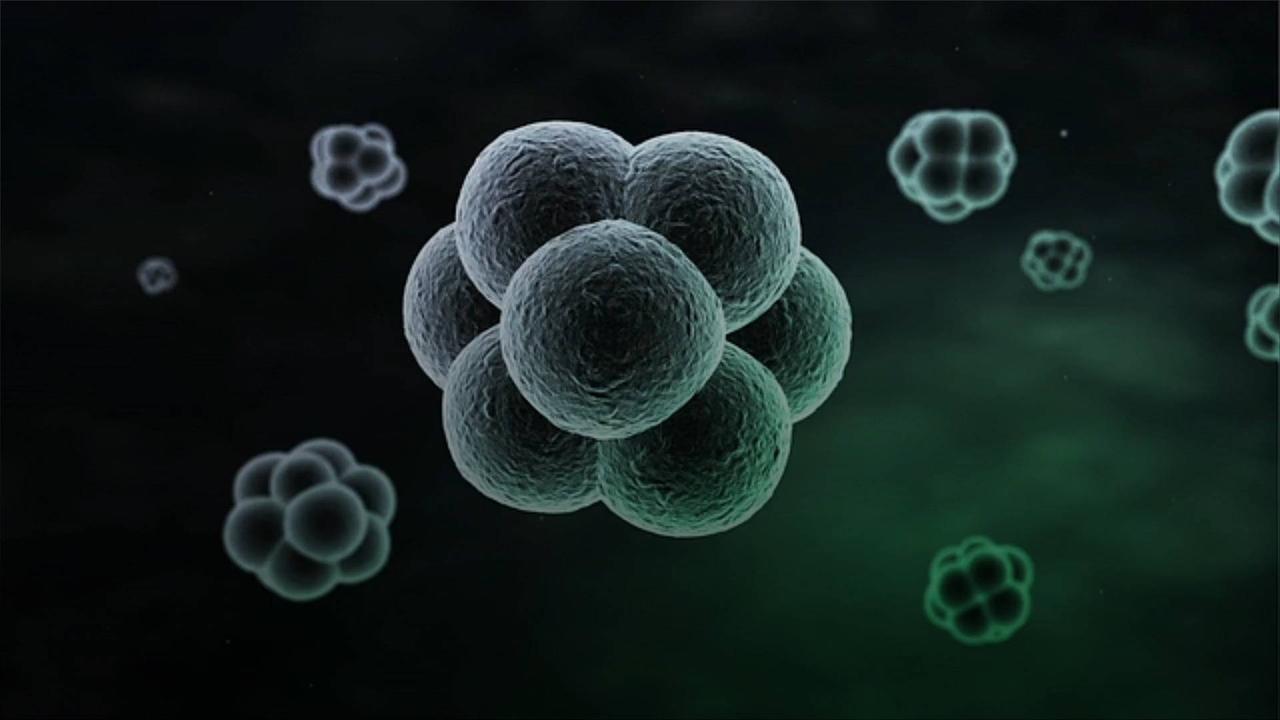
Alabama’s Supreme Court Rules , Embryos Are ‘Extrauterine Children’.
The first-of-its-kind ruling was made on Feb.
16.
It "could have widespread implications" for in vitro fertilization (IVF) practices, 'The Guardian' reports.
.
According to Alabama Dr. Mamie McLean, patients are wondering if they can still safely become parents with IVF.
They’re worried about what to do with their frozen embryos.
They want to be the ones who make the decisions on how best to utilize their embryos – not the Supreme Court, Dr. Mamie McLean, via 'The Guardian'.
Frankly, because of the lack of guidance, we don’t know exactly how this translates to our care, Dr. Mamie McLean, via 'The Guardian'.
Since each embryo is now considered a person in Alabama, doctors may have issues freezing, thawing, transferring or testing them, 'The Guardian' reports.
.
It's also not clear if embryos, which are often produced in excess to provide optimal chances for pregnancy, can ever be disposed of if no longer needed.
Sean Tipton, chief advocacy and policy officer for the American Society for Reproductive Medicine, called the decision a "nonsensical ruling with devastating consequences.".
The court, of course, didn’t deign to deal with the real-world implications of their decision, but they are profound, Sean Tipton, chief advocacy and policy officer for the American Society for Reproductive Medicine, via 'The Guardian'.
If you’re a physician or an embryologist working in that clinic, you now stand ready to be charged with manslaughter or threatened with a wrongful death suit because one of the embryos didn’t happen to survive the freeze-thaw process, Sean Tipton, chief advocacy and policy officer for the American Society for Reproductive Medicine, via 'The Guardian'.
Providers may also be forced to transfer multiple embryos to patients, which could result in twins, triplets or more, endangering a patient's health.

